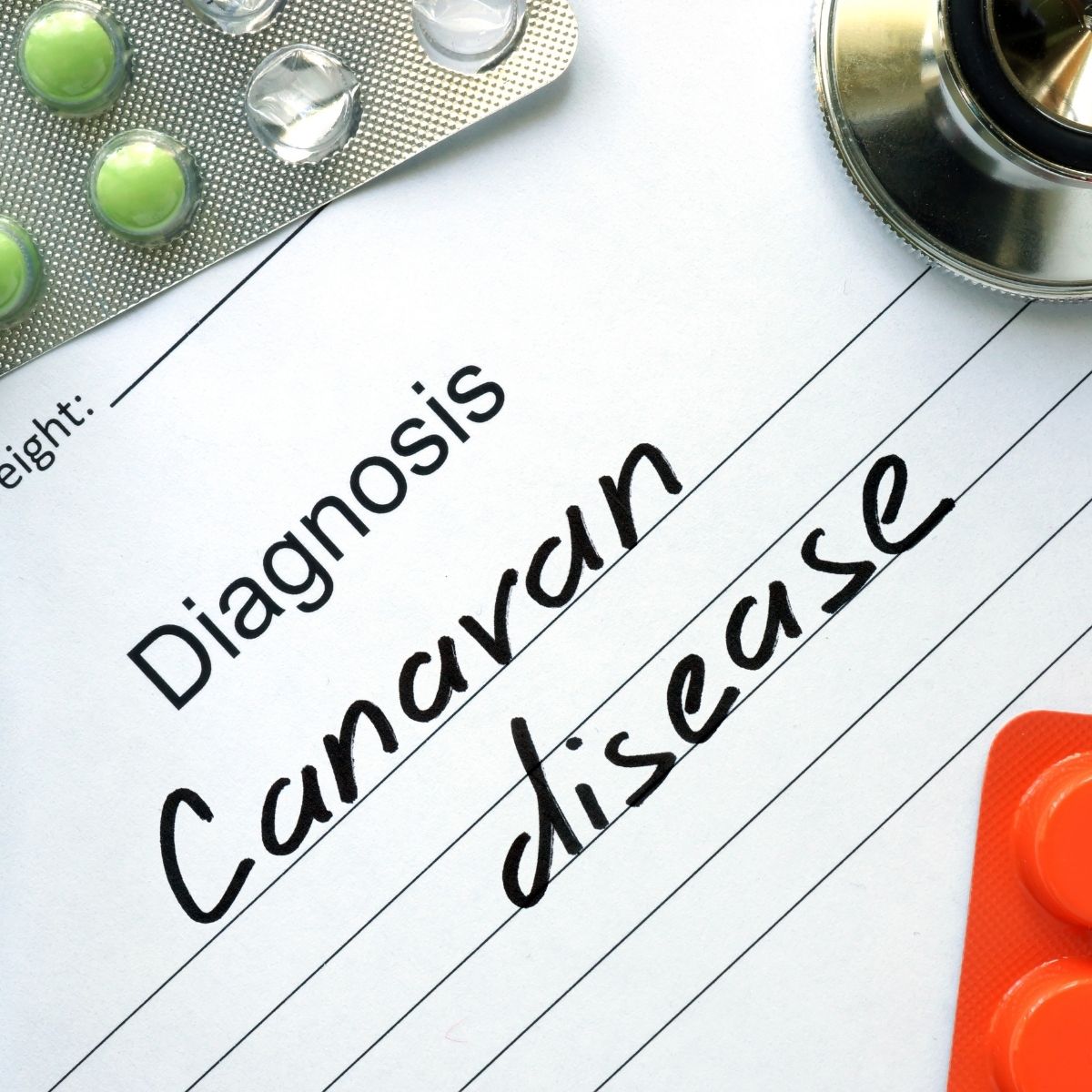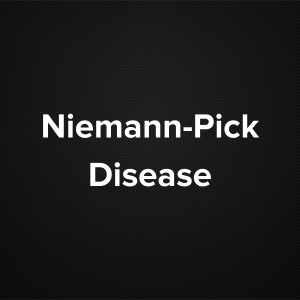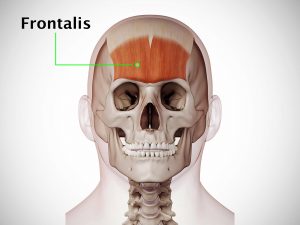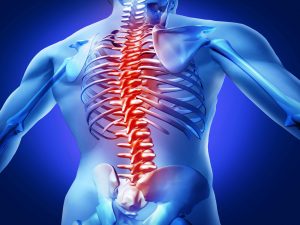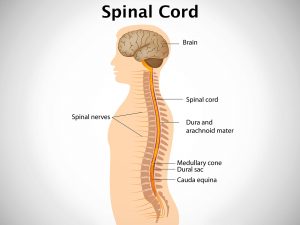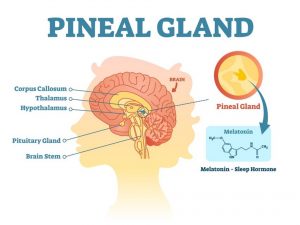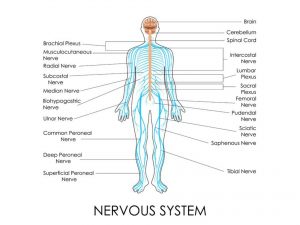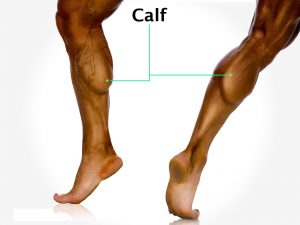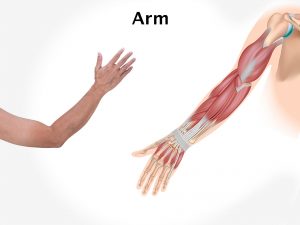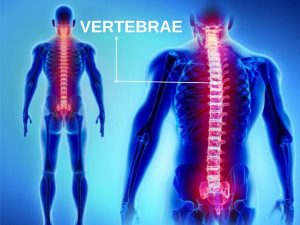Causes and risk factors
Canavan disease is caused by mutation in the gene for an enzyme called aspartoacylase, which leads to a buildup of material called N-acetyl-aspartate. This causes degeneration of the brain cells. The disease occurs in Ashkenazi Jewish ancestry [German and East European]. One in 40 of this ancestry is a carrier.
Clinical presentation
Symptoms develop during the first 6 months of life. There is macrocephaly, hypotonia, abnormal posture, intellectual disability. Clinical features include feeding difficulties, poor head control, and abnormally large head. Weakness and stiffness of muscle and paralysis is seen. Swallowing difficulties occur. Blindness and hearing loss can be observed. Irritability, seizure occurs.
Investigation
Medical history by the patient and clinical examination by the doctor helps in diagnosis. Blood chemistry, urine chemistry, CSF chemistry is done. Head CT scan, head MRI scan are advised. Genetic testing for aspartoacylase gene mutations confirms the diagnosis.
Treatment
No treatment is required for patients with Canavan disease. Treatment is usually supportive and symptomatic. Managing the signs and symptoms is essential.
Other Modes of treatment
The other modes of treatment can also be effective in treating Canavan disease. Homoeopathy is a science which deals with individualization and considers a person in a holistic way. This science can be helpful in combating the symptoms. Similarly, the Ayurvedic system of medicine which uses herbal medicines and synthetic derivates is also found to be effective in treating Canavan disease.
